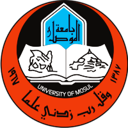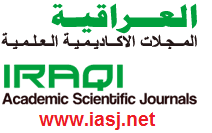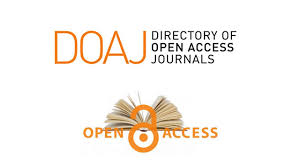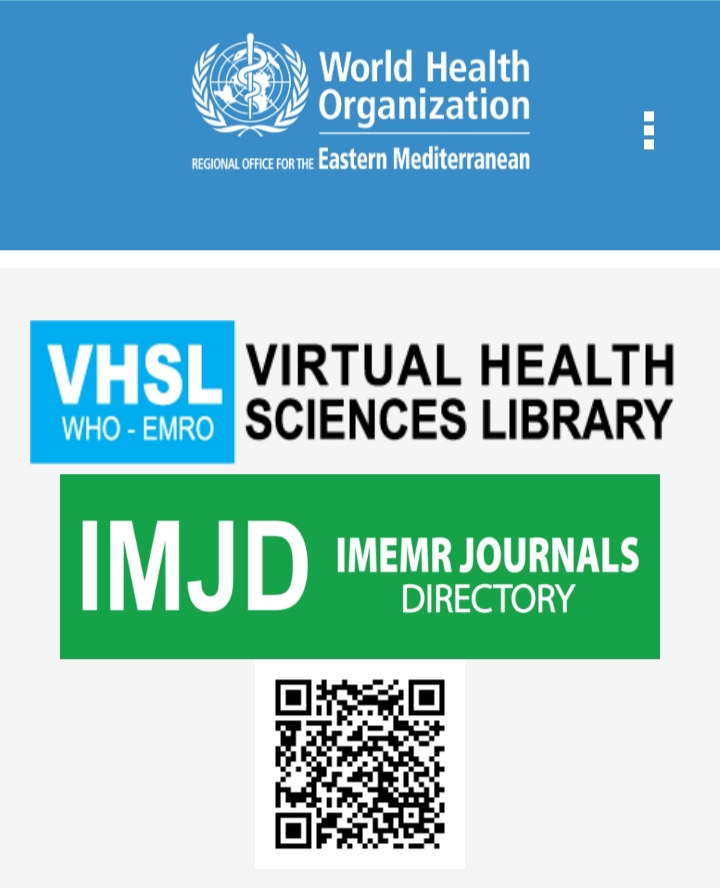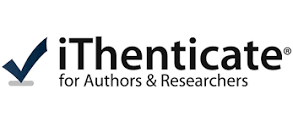Authorship
Authorship
Authorship is a system for attributing credit and liability for the content of published works. Recognition and accountability cannot be separated. Providing an accurate account of the events is the guiding concept for establishing authorship. The authorship criteria apply to all types of intellectual activity, including printed and digital releases of text, data, and images. Additionally, authorship implies accountability and responsibility for published works.
Authorship Criteria
Authorship should be based on the criteria established by the International Committee of Medical Journal Editors (ICMJE) and endorsed by the Committee on Publication Ethics (COPE). To qualify for authorship, each individual must meet all the following conditions:
-
Substantial contributions to the conception or design of the work; or the acquisition, analysis, or interpretation of data for the work;
-
Drafting the manuscript or revising it critically for important intellectual content;
-
Final approval of the version to be published.
-
Accountability for all aspects of the work, ensuring accuracy and integrity.
Individuals who do not meet all four criteria should not be listed as authors but may be acknowledged appropriately in the Acknowledgment section.
The authors have published authors who have made significant intellectual contributions. Authorized authors are aware of their guilt and obligation to publish content. These criteria reduce substantial ambiguity regarding contributions but do not address the requisite quantity and quality of assistance for authorship.
Author Contributions
A detailed Author Contribution must be provided at the time of submission. This should clearly describe the specific role(s) of each author using their full name or initials. All authors should have made substantial contributions to the conception or design of the work, or the acquisition, analysis, or interpretation of data. All were involved in drafting the manuscript or revising it critically for important intellectual content. All authors should give final approval of the version to be published and agree to be accountable for all aspects of the work. Roles may include:
-
Study conception and design
-
Data collection
-
Data analysis and interpretation
-
Drafting or revising the manuscript
-
Supervision or project administration
- Corresponding author responsibilities
The corresponding author is responsible for:
-
Managing the submission and peer-review process
-
Confirming all authors meet authorship criteria
-
Obtaining final approval from all co-authors
-
Acting as the point of contact after publication
Authorship Declaration
All contributing authors are required to sign a copyright letter, mentioning complete details, including full name, affiliation, email address, ORCID ID, and their role in the article. After the successful electronic submission of a manuscript, a system-generated acknowledgement will be sent to all authors at their provided email addresses.
Author Identification
Authors are strongly recommended to use their ORCID ID when submitting an article for consideration. Alternatively, they can acquire an ORCID ID via the submission process. For more information about ORCID IDs, visit here.
Changes to Authorship
At the time of initial submission, the finalized list of authors in the correct sequence should be provided, which will not be changed once the publication process starts.
In exceptional cases, requests for the addition/deletion of an author may be considered by the publisher, subject to a) written approval from all co-authors, b) a strong justification (which may or may not be accepted by the Publisher), and c) signed consent from all listed authors, including those being added or removed.
The editorial board reserves the right to reject changes that do not comply with ethical standards.
Everyone who made significant intellectual contributions to the study underpinning the article (such as to the research question, design, analysis, interpretation, and written description) should be listed as an author. Only those who have made significant contributions to knowledge should be considered authors. Although these contributions may be acknowledged in the publication, providing technical services, translating text, identifying patients for the study, delivering materials, and providing funding or administrative oversight of the facilities where the work was performed do not constitute authorship. One author (a "guarantee") should be accountable for the whole work's integrity. This is usually the corresponding author who submits the manuscript and gets evaluations, although other authors may also serve in this capacity. All writers must approve the final version of the text. Every author should be familiar with every facet of the work. However, current research is often conducted in teams with complementary skills, so not all authors may be conversant in every part of the study. Consequently, the contributions of certain writers may be limited to particular areas of the whole book.
Guest, Gift, and Ghost Authorship
The journal strictly prohibits:
-
Guest authorship: Listing individuals who made no significant contributions
-
Gift authorship: Including senior figures or colleagues without substantial involvement
-
Ghost authorship: Omitting contributors who meet authorship criteria
All detected cases will be addressed according to COPE guidelines and may result in rejection, retraction, or reporting to institutions.
NUMBER, NAMES ORDER, and AUTHORS DISPUTES
The Al-Rafidain Dent J editorial board did not restrict the number of authors for each submitted manuscript, either one or multiple authors; in many cases, the manuscripts with multiple authors give these manuscripts a strong scientific and literature structure, especially when authors share these ideas from different scientific or academic institutions. In such cases, an "author contribution" paragraph should be included when not all authors share equally in all experiment stages, result recording, data explanation, and final manuscript approval. If multiple authors were shared in one manuscript, all of them should pass the requirements of authorship criteria, as explained previously; in addition, editor in chief can ask for more details about authorship contribution and explanation to be a part of the manuscript's authors if the editor in chief feel any kind or nepotism, the editor in chief can omit their names in the final accepted copy of the submitted manuscript. In addition, the writers should determine the sequence in which the authors' names appear. No one else comprehends their contributions and agreements as well as they do. If the authors have not disclosed the method for assigning an authorship order, readers cannot know and should not assume the importance of the authorship order.
Ideally, authorship disputes should be settled locally before the journal's peer review process starts; in special cases, the editor-in-chief may help to overcome these disputes. Suppose there are any changes in the authorship order or omission of authorship. In that case, these changes should be supported by a written request by all original authors at the different stages of the manuscript peer review process, acceptance, and publishing.
Non-Author Contributors, acknowledgments
Activities such as the acquisition of funding, general supervision of a research group, or general administrative support, writing assistance, technical editing, language editing, and proofreading alone do not qualify any contributor for authorship. Such contributors may be acknowledged individually or together as a group in the acknowledgement section. For more information, please refer to the acknowledgement section of the guide to authors. Persons not meeting authorship criteria can be acknowledged in the acknowledgement section of the article rather than being listed as authors.
